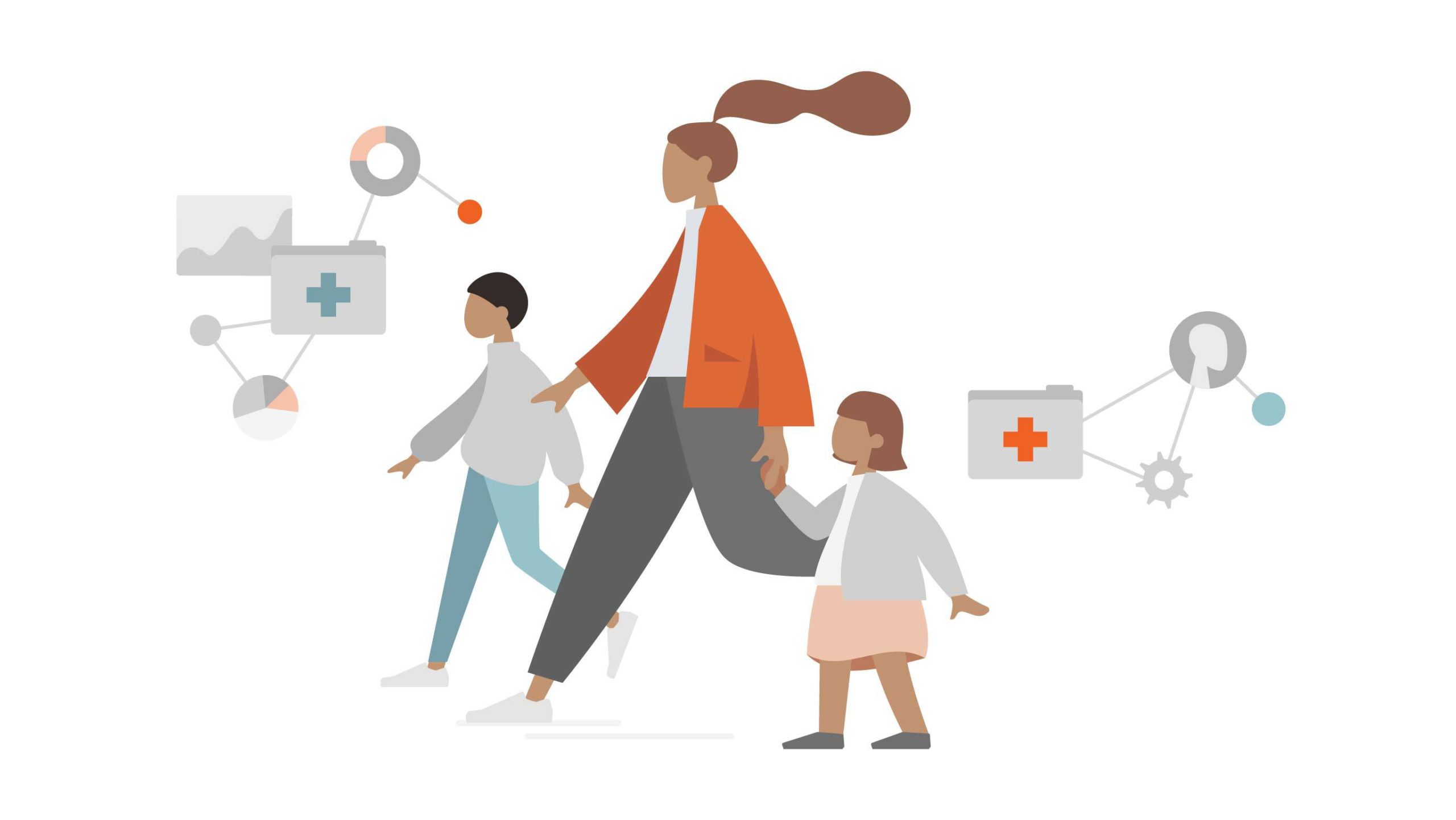It’s well recognised that health systems are becoming more and more complex and difficult to navigate. Typically, to access healthcare services, people must make an appointment with their doctor, wait some time for that appointment, then wait again for any referrals to other healthcare providers. Alternatively, they can spend hours waiting in an emergency room that may be located a great distance away. The process is fragmented, slow, opaque and fraught with risk of errors.
When people wish to access their information and share it with others, they frequently find that their access is fragmented and incomplete and, often, Google searches of test results or recent diagnoses do not provide reliable information.
For decades, global health systems have been focusing on bricks, mortar and hospital automation IT projects. Much has been said about the shift towards patient-centred care that focuses on prevention rather than treatment and keeping people healthy at home. It’s time for the industry to truly focus on population health and invest in smart software solutions that make it easy for people to play an active role in their health and wellbeing.
Addressing the fragmentation problem
The healthcare industry is diverse, reflecting the complexity of the human body itself. In any geographic region, many providers offer care aligned to their area of expertise or specialty.
As health systems have evolved, they have become more and more fragmented, making them overwhelming and complicated for individuals who are caring not only for themselves, but also their dependents.
The adoption of technology such as patient portals and telehealth platforms has provided people with more options when it comes to managing their healthcare, but this technology is still generally adopted in silos. Patients and their caregivers must look in multiple places in order to book appointments with different providers, and log into several different web or mobile apps to view their health records.
Fragmentation makes it confusing for consumers to understand the best place to turn when they need to access healthcare due to the right information not being easily and readily available. This can result in misuse of services, such as emergency departments, wasting valuable resources and putting pressure on already strained systems.
By taking what has been learnt from consolidating information and providing it to clinicians so that they are better informed when treating patients, applying this logic for people and simplifying all of their health interactions so they can do everything from one digital location, we can empower them to meaningfully participate in their own healthcare.
Making healthcare navigation easy
Orion Health’s digital front door addresses fragmented consumer experience as a result of silos by providing a consistent, easy to use, multi-channel hub through which all interactions can occur including symptom assessment, trusted health information, electronic referrals, access to complete medical records, virtual care and remote monitoring.
Our digital front door solution integrates a suite of tools which allows organisations to use systems already in place and adopted. It enables consumers to navigate the health system in a more efficient, cohesive and convenient manner, with everything they need to manage their health and wellbeing at their fingertips.
By leveraging existing technologies, going paperless and adding virtual care services, organisations are better equipped to manage demand whilst radically improving the healthcare experience for patient and caregivers.
Read more about Digital health’s next big transformation: The shift to healthcare, anywhere in our latest whitepaper.



